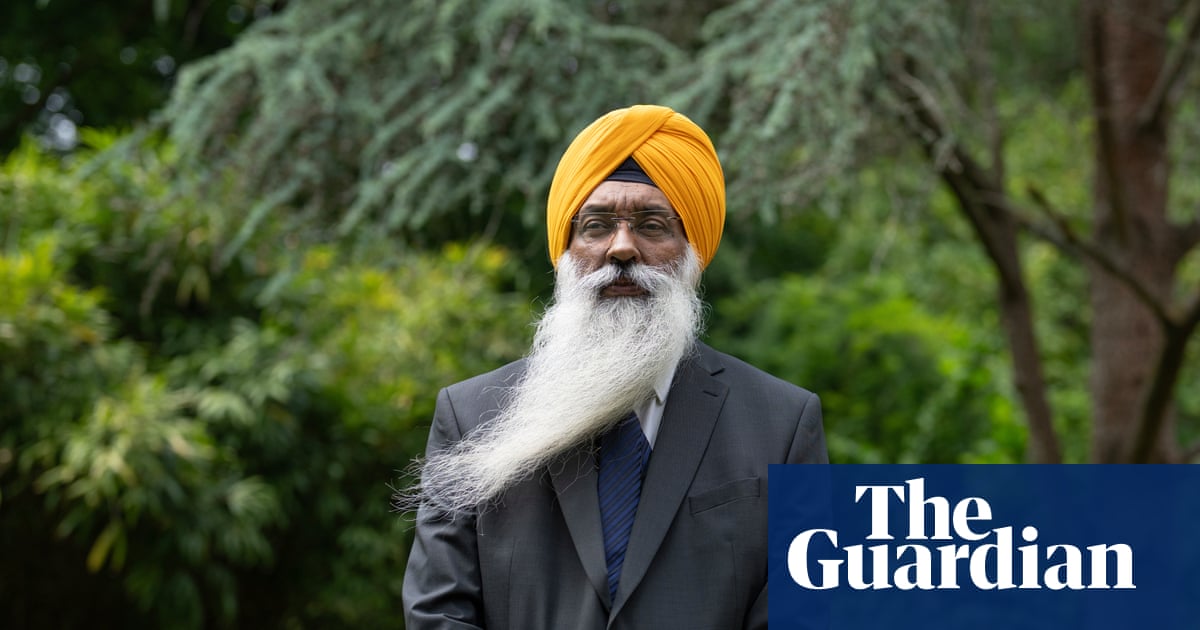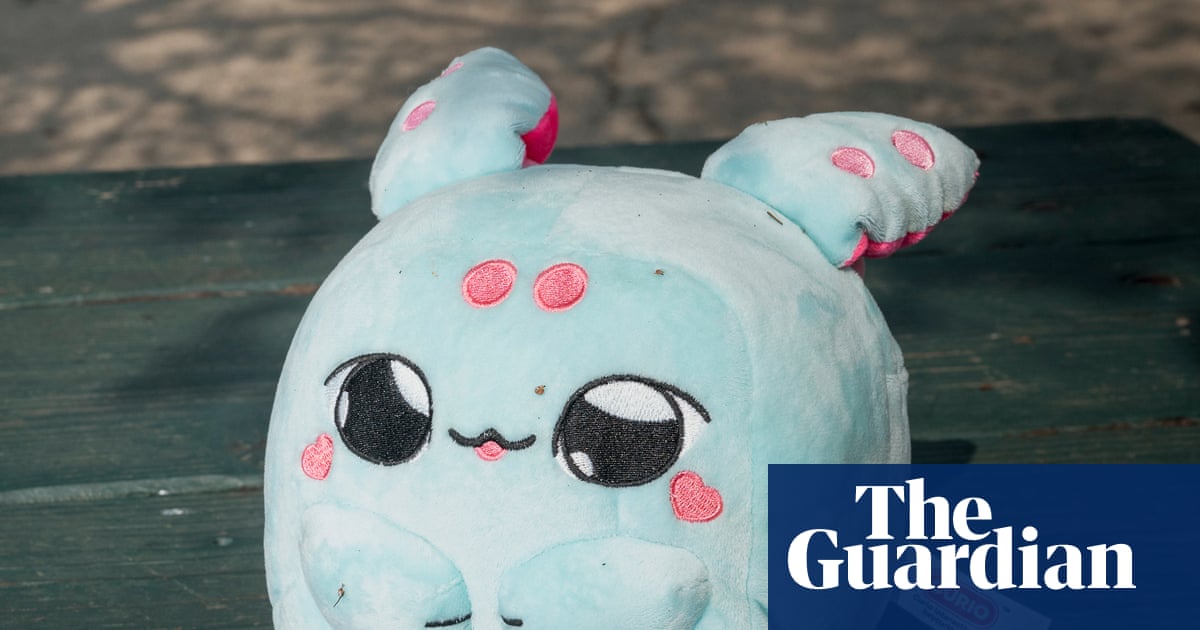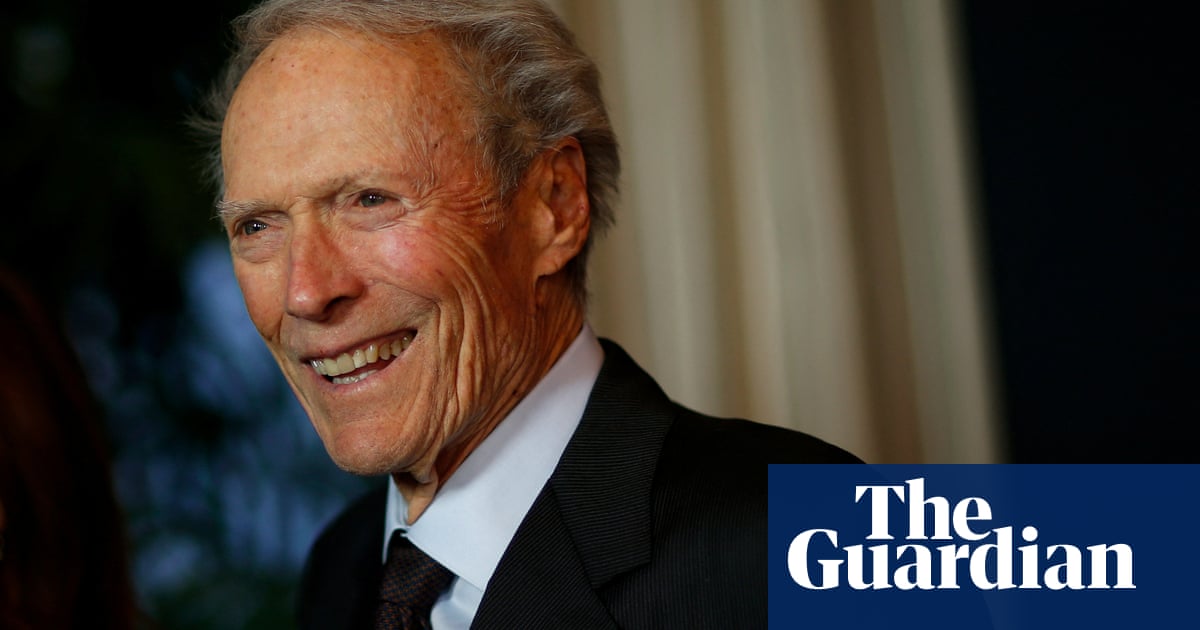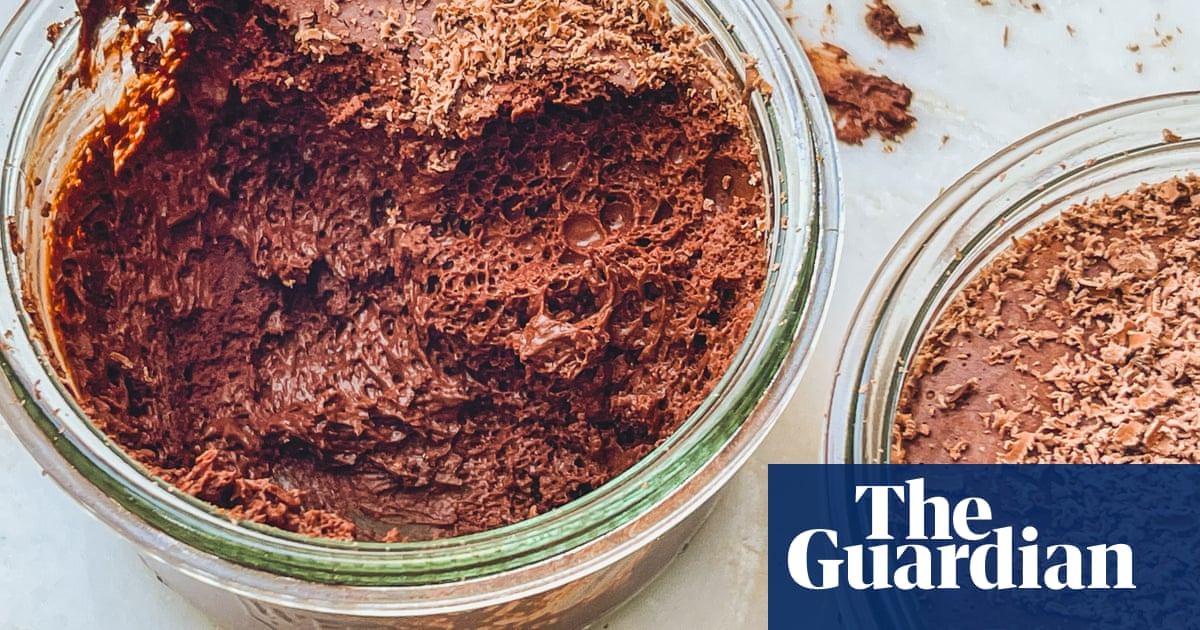It goes without saying, but Taylor Swift has scored a lot of victories in the past few years. There was, first and foremost, the blockbuster Eras Tour, which became the bestselling concert tour of all time and a certifiable cultural era in itself. She released the bestselling concert film of all time, with a distribution model that upended the theatrical market. There was yet another album of the year Grammy. She turned the Super Bowl into the ultimate rom-com. Even with mediocre critical reviews, her most recent album, The Tortured Poets Department, set more streaming records than I can count.
All of these were beyond impressive, if at times threatening overexposure and annoyingly at odds with her self-styled narrative as an underdog – the emotionally astute lyricist battling against a sliding scale of villains, from careless boys, bitchy girls and heartbreak to gossip, criticism and misogynistic double standards. Often, the targets are petty; I never want to hear a Kim Kardashian reference again. But on Friday, with the announcement that she purchased the master recordings of her first six albums, Swift notched arguably the most significant victory of her career, over the one remaining foe worthy of her stature: the artist-devaluing practices of the music industry.
For those who do not follow what has become canon in Swift’s massive fandom, ownership of her masters has been the animating force behind the last six years of Swift’s career, ever since Scooter Braun, most famous as the music manager behind Justin Bieber, purchased them from Swift’s former label Big Machine Records for $300m in 2019. Like virtually all young artists, Swift had signed a deal that did not entitle her to ownership of her recordings, just royalties from their sales. The deal “stripped me of my life’s work”, Swift wrote at the time, and left her catalog “in the hands of someone who tried to dismantle it”. (Braun used to manage longtime Swift antagonizer Kanye West.) For the following six years, even after Braun sold the catalog to private equity group Shamrock Capital for $360m, Swift re-recorded each album under the moniker “Taylor’s Version”, a business masterstroke that at once devalued the originals, ginned up nostalgia and set the stage for the Eras Tour.
The ownership of her master recordings, as well as her all her music videos, concert films, album art, photography and unreleased songs, is, in Swift’s own words, deeply meaningful on a personal level. “To say this is my greatest dream come true is actually being pretty reserved about it,” she said in a handwritten letter posted on her website to announce the acquisition. “All I’ve ever wanted was the opportunity to work hard enough to be able to one day purchase my music outright with no strings attached, no partnership, with full autonomy.” (Swift, the daughter of a Merrill Lynch stockbroker and forever a savvy dealmaker, also thanked Shamrock Capital for being “the first people to ever offer this to me” and praised the private equity firm for being “honest, fair, and respectful”.)

But it is also a victory that, for once in this era, feels bigger than Swift herself. Swift owning her masters is a small step toward transparency and artistic integrity in the music industry, and one made possible by her immense wealth and power. The fact that we’re even talking about ownership of master recordings, that millions of music listeners now question the business standard of recording industry contracts, is a testament to the power Swift can wield when she chooses a worthy target, even if that target often takes direct form in the figure of Braun (who, for what it’s worth, said he’s “happy for her”.) “I’m extremely heartened by the conversations this saga has reignited within my industry among artists and fans,” Swift wrote. “Every time a new artist tells me they negotiated to own their master recordings in their record contract because of this fight, I’m reminded of how important it was for all of this to happen.”
This is Swift in her best crusader mode – grounded in the work, clear-eyed on the stakes, speaking as a songwriter in perhaps the one arena where she remains an underdog with something to fight for. Though often overshadowed by gossip and her personal life, in ways both self-inflected and expected by a culture that loves to see women fail, her flexing of her exceptional clout over the music industry for artists rights is one of her most enduring fights. It dates back at least to an open letter to Apple Music withholding her album 1989 from the company’s streaming service because it would not pay royalties to artists during the service’s first three months. (Apple quickly caved.) Or her Billboard’s Woman of the Year speech in 2014 in which she called for fairer compensation of writers, musicians and producers – a point she cited five years later when accepting Woman of the Decade in 2019, in a speech that is worth revisiting for the contrast between which fights resonate, and which rankle. The part about adjusting her sound and image to appease critics? Flop, mild applause, one of many instances where Swift evinces a sensitivity to criticism and bone-deep desire for popularity that is so incongruous with her stature as arguably the most famous woman on the planet that I find it endearing, the most human element of her incomprehensible celebrity. The part where she bluntly calls out “the unregulated world of private equity coming in and buying up our music as if it is real estate, as if it’s an app or a shoe line”? It’s the most strident and fair she’s ever sounded, and it holds up.
Even if the purchase of her masters feels a bit like settling out of court before the full trial – the re-record project remains unfinished – this is the win that could have the most salient downstream effect for both artists and people who appreciate music. Similar to how her criticism of Ticketmaster, and fan frustration over the experience of buying tickets for the Eras Tour, led to efforts to reform ticket transparency and break up the Live Nation monopoly, this is power appropriately applied upward. “Thank you for being curious about something that used to be thought of as too industry-centric for broad discussion,” she wrote to her fans. “You’ll never know how much it means to me that you cared. Every single bit of it counted and ended us up here.” Swiftie or no, this is a Swift victory worth cheering for.

 3 months ago
115
3 months ago
115

















































